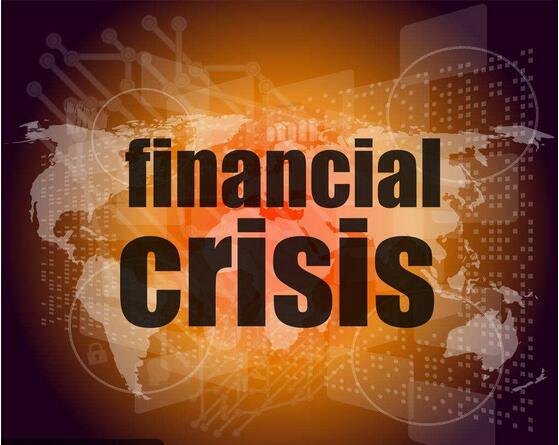財經
Buttonwood: When the cycle turns
梧桐樹專欄:周期輪回
The next financial crisis may be triggered by central banks.
下一場金融危機或被央行觸發。
As with London buses, don't worry if you miss a financial crisis; another will be along shortly.
如同倫敦公交車一樣,如果錯過了一場金融危機,別擔心;下一場很快就會來。
The latest study on long-term asset returns from Deutsche Bank shows that crises in developed markets have become much more common in recent decades.
來自德意志銀行的有關長期資產回報的最新研究表明,在發達國家,危機在近幾十年中已經變得越來越常見了。
That does not bode well.
這不是好兆頭。

Deutsche defines a crisis as a period when a country suffers one of the following: a 15% annual decline in equities; a 10% fall in its currency or its government bonds; a default on its national debt; or a period of double-digit inflation.
德意志銀行把危機定義為國家遭受下列情況之一時的一段時間:股票15%的年化下跌;貨幣或政府債券10%的下跌;國家債務違約;或者是一段兩位數的通脹時期。
During the 19th century, only occasionally did more than half of countries for which there are data suffer such a shock in a single year.
19世紀期間,只有偶爾超過半數的有數據的國家在單獨一年中遭受一次這樣的沖擊。
But since the 1980s, in numerous years more than half of them have been in a financial crisis of some kind.
但是,自上世紀80年代以來,在很多年中,這些國家中的一半以上都處于某種金融危機之中。
The main reason for this, argues Deutsche, is the monetary system.
德意志銀行指出,這方面的罪魁禍首是貨幣體系。
Under the gold standard and its successor, the Bretton Woods system of fixed exchange rates, the amount of credit creation was limited.
在金本位制及其后續者——布雷頓森林體系的固定匯率之下,信用創造的總量是有限的。
A country that expanded its money supply too quickly would suffer a trade deficit and pressure on its currency's exchange rate; the government would react by slamming on the monetary brakes.
太快地擴張了貨幣供給的國家會遭受貿易赤字之苦以及對其貨幣匯率的壓力;政府會應之以貨幣政策的急剎車。
The result was that it was harder for financial bubbles to inflate.
結果是,金融泡沫越來越難膨脹。
But since the early 1970s more countries have moved to a floating exchange-rate system.
但是,自上世紀70年代初以來,更多的國家轉向了浮動匯率體系。
This gives governments the flexibility to deal with an economic crisis, and means they do not have to subordinate other policy goals to maintaining a currency peg.
這賦予政府應對經濟危機的靈活性,而且還意味著他們不必為了維持貨幣掛鉤而屈從于其他政策目標。
It has also created a trend towards greater trade imbalances, which no longer constrain policymakers—the currency is often allowed to take the strain.
它還造成了一種走向更大的貿易不平衡的趨勢,這種趨勢不再去束縛決策者——貨幣經常受命來承擔這種扭曲。
Similarly, government debt has risen steadily as a proportion of GDP since the mid-1970s.
同樣地,作為GDP的一部分的政府債務自上世紀70年代中期以來一直在穩步上升。
There has been little pressure from the markets to balance the budget; Japan has had a deficit every year since 1966, and France since 1993.
很少有來自市場以平衡預算的壓力;自1966年以來,日本年年赤字。自1993年以來,法國也是如此。
Italy has managed just one year of surplus since 1950.
自1950年以來,意大利用盡渾身解數,才只有一年盈余。
In the developed world, consumers and companies have also taken on more debt.
在發達國家,消費者和公司也背上了更多債務。
The result has been a cycle of credit expansion and collapse.
結果是一輪債務擴張和破滅的周期。












